Search
Did you mean: Magi?
Search Results
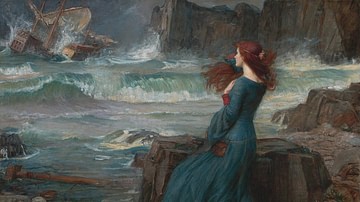
Definition
The Tempest
The Tempest is a play by William Shakespeare (c. 1564-1616), written in 1610 or 1611, and first performed for the court of James I of England (r. 1603-1625) on 2 November 1611. Believed to be the last play that Shakespeare wrote on his own...

Definition
Script
Script is the written expression of a language. Cuneiform, the first script, was invented in Sumer, Mesopotamia c. 3500 BCE, hieroglyphics sometime prior to the Early Dynastic Period in Egypt (c. 3150-2613 BCE), and Sanskrit in India during...
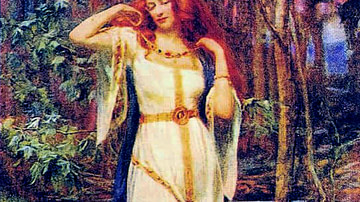
Definition
Freyja
Freyja (Old Norse for 'Lady', 'Woman', or 'Mistress') is the best-known and most important goddess in Norse mythology. Beautiful and many-functioned, she features heavily as a fertility goddess stemming from her place in the Vanir family...
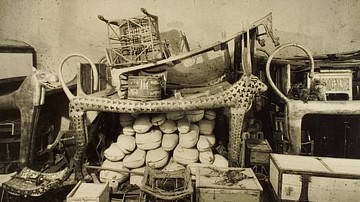
Definition
Book of the Heavenly Cow
The Book of the Heavenly Cow is an ancient Egyptian text dealing with the rebellion of humanity against the sun god Ra, his destruction of the rebels through the goddess Hathor, the reversal of this decision and Ra's mercy, and his ascent...
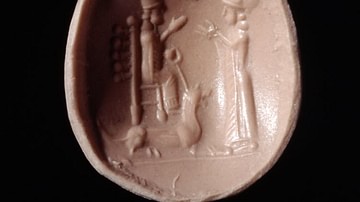
Definition
Gula
Gula (also known as Ninkarrak) is the Sumerian goddess of healing and patroness of doctors, healing arts, and medical practices. She is first attested to in the Ur III Period (2047-1750 BCE) where she is referenced as a great goddess of health...
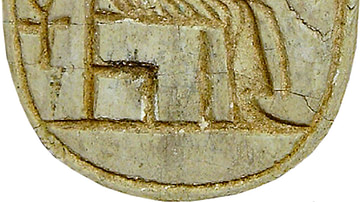
Article
The Egyptian Amulet: Pious Symbols of Spiritual Life
Material Objects & Cultures Material objects convey volumes about the people who possessed them. Cultures and societies in every generation are in part classified - either correctly or incorrectly - by the objects or symbols they select...
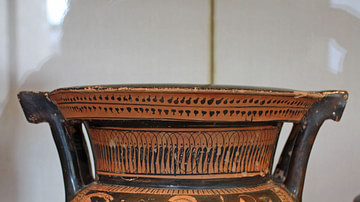
Article
Jason & the Argonauts
The pan-Hellenic mythological hero Jason was famed for his expedition with the Argonauts - as the sailors on their ship the Argo were known - in search of the Golden Fleece in Kolchis on the Black Sea, one of the most popular and enduring...
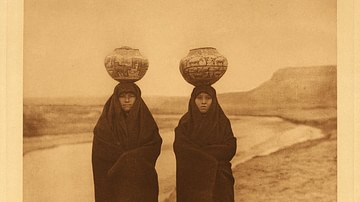
Article
Paiyatuma & the Maidens of the Corn
Paiyatuma and the Maidens of the Corn is a legend of the Zuni nation of the Pueblo peoples of the Southwest of the modern-day USA. Paiyatuma (also given as Paiyatamu) is a kachina spirit – an elemental entity – known to the Zuni as "The God...
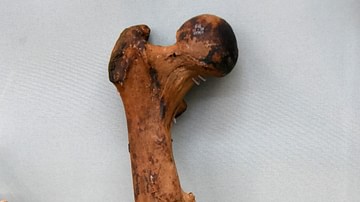
Article
Ancient Egyptian Medicine: Study & Practice
In Europe, in the 19th century CE, an interesting device began appearing in graveyards and cemeteries: the mortsafe. This was an iron cage erected over a grave to keep the body of the deceased safe from 'resurrectionists' - better known as...
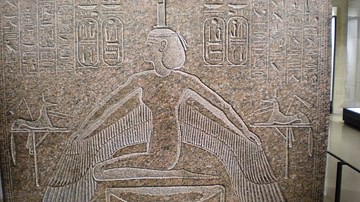
Article
Balance & the Law in Ancient Egypt
Egyptian law was based on the central cultural value of ma'at (harmony and balance) which was the foundation for the entire civilization. Ma'at was established at the beginning of time by the gods when the earth and universe were formed...